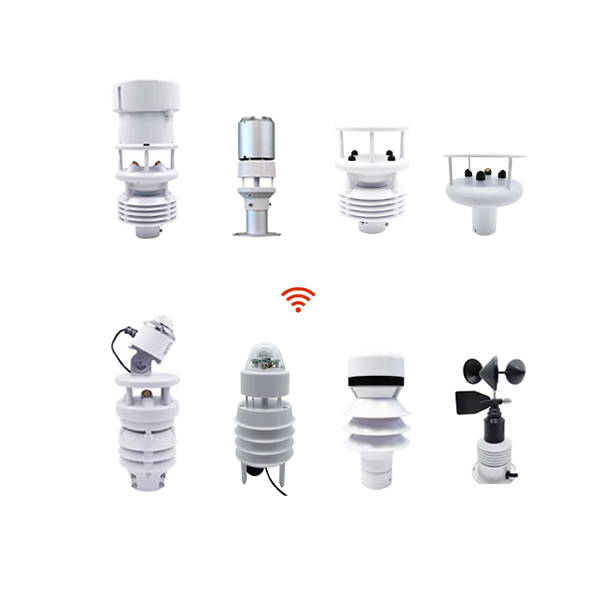India is a country with rich climate diversity, featuring a variety of ecosystems ranging from tropical rainforests to arid deserts. The challenges of climate change are increasingly evident, including extreme weather events, seasonal droughts and floods, etc. These changes have had a significant impact on agriculture, public security and economic development. Therefore, it is particularly important to establish and improve the meteorological monitoring network, especially the construction of meteorological stations. This article will explore the necessity of promoting meteorological stations in the Indian region and its potential impacts.
The current meteorological situation in India
Although the Bureau of Meteorology (IMD) of India provides certain meteorological monitoring services nationwide, in some remote areas, the collection of meteorological data is still insufficient. Most meteorological stations are concentrated in cities and major agricultural areas. However, for small-scale farmers, local governments and ordinary residents, real-time and accurate meteorological information is often difficult to obtain. Such a situation has affected daily activities such as crop management and disaster response.
The necessity of promoting meteorological stations
Real-time meteorological data acquisition: Establishing meteorological stations helps provide real-time meteorological data, enabling farmers to promptly understand weather changes, thereby effectively arranging planting and harvesting times and reducing crop losses.
Enhancing disaster response capabilities: Meteorological stations can predict extreme weather conditions such as floods, droughts and heat waves in advance, helping local governments and communities make preparations in advance and reducing the losses caused by natural disasters.
Supporting sustainable agricultural development: Precise meteorological data provides support for agricultural decision-making, helping farmers better manage water resources, fertilization and pest control, thereby achieving sustainable agricultural development.
Promoting scientific research: The data collected by meteorological stations is crucial for scientific research such as climate change studies, environmental monitoring, and urban planning. The academic community can conduct in-depth analyses with the help of these data to promote policy-making and social development.
Enhancing public awareness: Establishing meteorological stations can increase public attention and understanding of meteorological phenomena, strengthen society’s awareness of climate change and its impacts, and thereby encourage communities, enterprises and governments to take more effective response measures.
The construction and application of meteorological stations
Multi-level meteorological monitoring network: Build densely distributed meteorological stations across the country, covering rural areas, cities and remote regions, to ensure the timeliness and comprehensiveness of data.
By leveraging modern technologies: integrating Internet of Things (IoT) and big data technologies, an intelligent meteorological monitoring system is established to achieve automatic data collection and real-time analysis, thereby enhancing data accuracy and usability.
Community participation: Encourage community participation in meteorological monitoring, and encourage volunteers and local organizations to enhance their understanding of local climate change by establishing meteorological observation stations, thus forming a bottom-up monitoring network.
Cooperation between the government and the private sector: Through the Public-Private Partnership (PPP) model, attract investment and technical support to accelerate the construction and maintenance of meteorological stations, making their operation more efficient.
Education and Training: Provide education and training on meteorological knowledge for local governments, farmers, students, etc., enhance data utilization capabilities, and ensure the effective dissemination and application of information.
Conclusion
The construction and promotion of meteorological stations in India is not only a necessary measure to enhance the capacity of meteorological monitoring, but also an important link in responding to climate change and achieving the sustainable development goals. By enhancing the ability to obtain and apply meteorological data, India can better address the challenges brought about by climate change and provide precise support for agriculture, residents’ lives and economic development. All parties should make joint efforts to promote the construction of meteorological stations to address future climate challenges and achieve a safer and more sustainable society.
For more weather station information,
please contact Honde Technology Co., LTD.
Tel: +86-15210548582
Email: info@hondetech.com
Company website: www.hondetechco.com
Post time: Apr-29-2025


